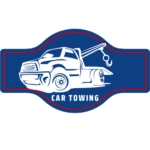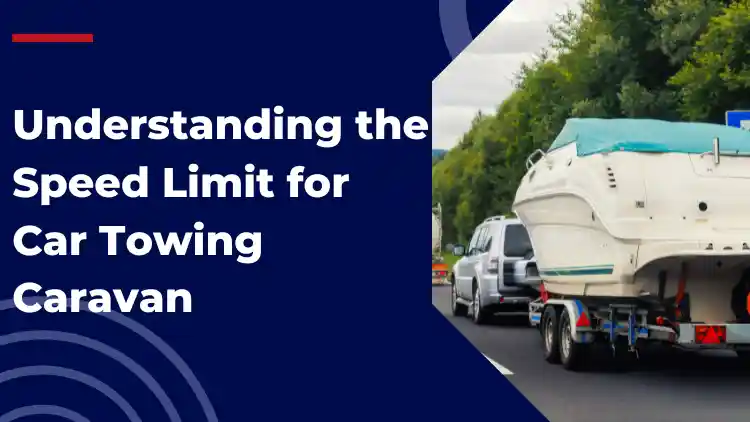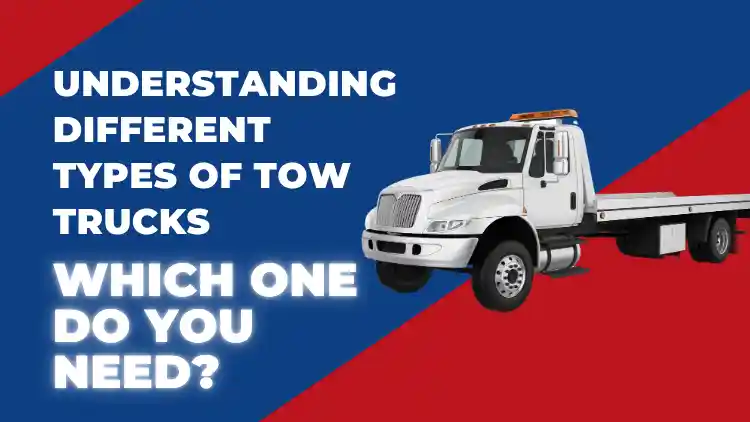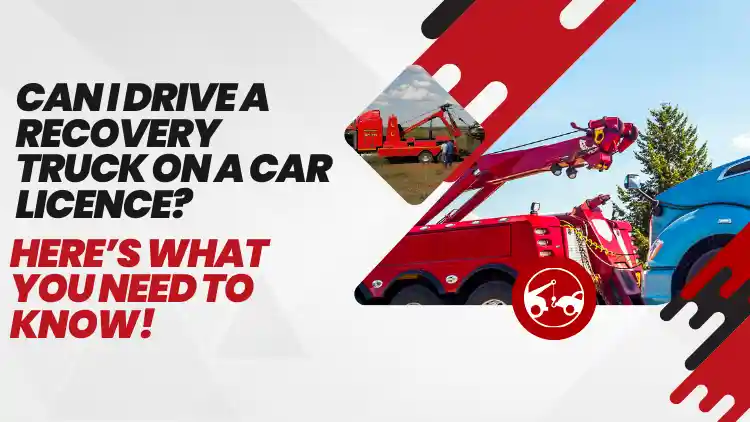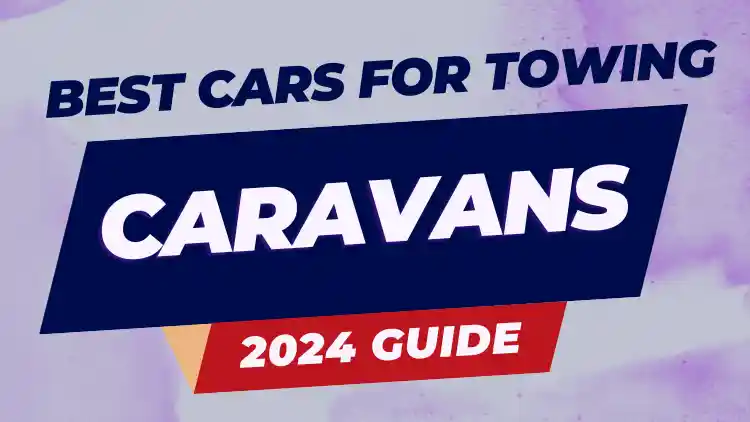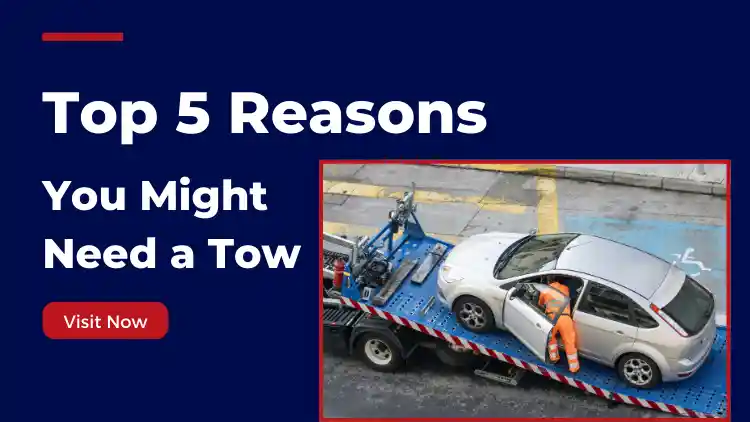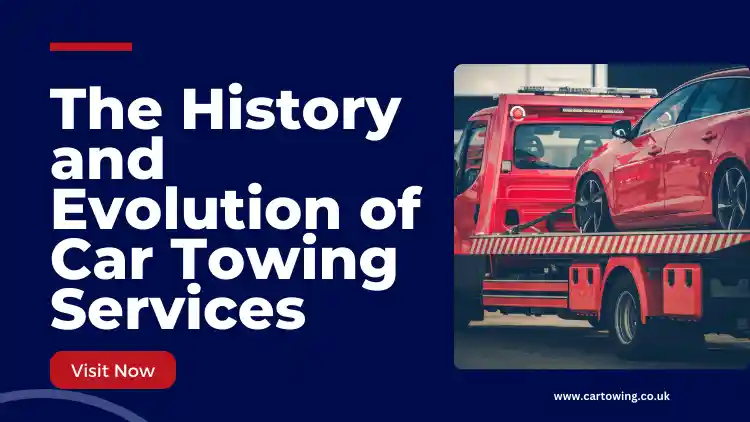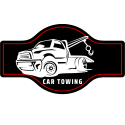Towing a caravan can be an exciting experience, whether you’re heading out on a road trip or traveling for a long-distance holiday. However, it comes with a set of challenges, and one of the most critical aspects to consider is the speed limit for car towing caravan. Adhering to the right speed not only keeps you within legal limits but also ensures your safety and the safety of others on the road.
Knowing the speed limit for car towing a caravan is crucial for maintaining control over your vehicle, especially in changing weather conditions, on highways, or while navigating steep inclines. In this guide, we’ll dive into everything you need to know about towing speed limits, along with practical tips to keep your towing experience safe and smooth.
What is the Legal Speed Limit for Towing a Caravan?
When towing a caravan, it’s essential to be aware of the legal speed limits that apply specifically to this situation. Adhering to these speed limits ensures both safety and compliance with the law, and they often differ from regular speed restrictions for standard vehicles.
The speed limit for car towing caravan varies depending on the type of road and the country you’re driving in. In many regions, towing a caravan means reducing your speed below the usual limits set for cars. Let’s take a look at the general guidelines:
- Highways & Motorways: On motorways or dual carriageways, the speed limit for cars towing a caravan is generally lower than for regular vehicles. For instance, in the UK, the maximum speed limit for towing a caravan on these roads is 60 mph (about 96 km/h), whereas regular cars are allowed to travel at 70 mph (113 km/h).
- Rural & Single-Lane Roads: On rural or single-lane roads, the speed limit is usually reduced even further. In many countries, such as the UK, the limit is 50 mph (80 km/h). Similar rules apply in countries like Australia and parts of Europe.
- Built-up Areas: In urban or residential areas, the speed limits remain consistent for all vehicles, including those towing caravans, typically set at 30 mph (48 km/h) in many regions.
Towing Speed Limits Around the World
While the above limits apply in many places, different countries have their own variations:
- United States: In many U.S. states, the maximum speed limit for towing vehicles can range between 55 mph (88 km/h) and 65 mph (105 km/h), depending on state-specific car towing laws.
- Australia: Australia has a clear distinction between regular speed limits and those set for towing. For example, in most states, the speed limit for towing a caravan is 100 km/h (62 mph), while normal vehicles may be allowed to go faster.
- Europe: European countries such as Germany and France have strict caravan towing speed restrictions. In Germany, the limit can be as low as 80 km/h (50 mph), unless your vehicle is specifically certified for higher speeds.
Understanding these limits, especially when traveling between countries, is vital to ensure a safe and lawful journey.
Why Are There Specific Speed Limits for Towing Caravans?
Ever wonder why the speed limit changes when you’re towing a caravan? It’s not just about following the law—there’s science behind it! Let’s break it down.
The Impact of Weight
When you tow a caravan, you’re pulling a lot of extra weight. This added load changes how your car behaves, especially at high speeds. Imagine trying to steer or brake with a massive trailer behind you—it’s harder, right? That’s why slower speeds are required for safe towing.
Braking Takes Longer
With all that weight behind your car, stopping becomes more challenging. Your vehicle’s brakes need more time to slow down the extra mass. At higher speeds, your stopping distance increases, which can be dangerous in an emergency.
Here’s why braking gets tricky:
- The heavier the caravan, the longer it takes to stop.
- Faster speeds = more stopping distance needed.
- Higher chances of accidents when you can’t stop in time.
Handling and Stability
Ever felt your caravan sway when driving? That’s more likely at higher speeds, especially if the road is uneven or there’s wind. Slowing down gives you more control over your vehicle and reduces the risk of swerving or fishtailing.
Key reasons for towing speed limits:
- Lower speeds mean better control, especially around curves.
- Less chance of dangerous swaying or losing control.
- Reduced wear and tear on your vehicle’s tires and suspension.
By sticking to the car towing caravan speed limit, you’re not just following the law—you’re making sure your journey is safe and smooth.
Factors Affecting Safe Towing Speeds
Several factors influence how fast you can safely tow a caravan. Let’s look at key elements that every driver should consider before hitting the road.
Car and Caravan Weight
The weight of your car and caravan plays a major role in determining how fast you can drive. Heavier caravans make it harder to control your vehicle, especially at higher speeds.
- Towing weight restrictions: Exceeding the recommended towing capacity increases the risk of instability.
- Caravan load capacity: Make sure your caravan isn’t overloaded, as excess weight affects braking and handling.
Road Conditions
Not all roads are created equal, and the type of road you’re on impacts how fast you should be towing.
- Hilly terrain: On steep inclines, you may need to reduce your speed to maintain control.
- Wet or icy roads: Slippery surfaces mean you’ll need more braking distance. Reducing speed helps prevent skidding or losing control.
- Urban vs. rural roads: Tighter turns and narrower lanes on rural roads require slower speeds compared to highways.
Weather Conditions
Weather can drastically affect your ability to tow safely. Rain, fog, or high winds all call for more cautious driving.
- Towing in bad weather: Rain reduces traction, while fog limits visibility. Both require slower speeds.
- Caravan towing during windstorms: Strong crosswinds can cause swaying, making it harder to maintain control of your caravan.
Adjusting your speed based on these factors ensures a safer journey for you and everyone else on the road.
Common Mistakes When Towing a Caravan at High Speeds
Towing a caravan requires attention to detail and careful driving. Unfortunately, many drivers make mistakes that can lead to dangerous situations, especially when driving at high speeds. Let’s explore the most common errors and how to avoid them.
Overloading the Caravan
One of the biggest mistakes drivers make is overloading their caravan beyond its capacity. This not only affects your vehicle’s ability to control the extra weight but can also lead to swaying and instability. Always check your caravan’s load capacity to ensure it’s within safe limits.
Ignoring Weather Conditions
Another frequent error is not adjusting your speed based on weather conditions. Whether it’s rain, fog, or strong winds, ignoring the impact of weather can result in caravan towing accidents. Slowing down in poor weather improves your ability to maintain control, especially in windy conditions.
Not Following Speed Limits
Speed limits exist for a reason, especially when towing a caravan. Exceeding the speed limit for car towing caravan not only increases the risk of accidents but also puts extra strain on your vehicle. Sticking to the recommended speeds ensures smoother handling and safer driving.
If you’re looking for car towing services in the UK, choosing a reliable and professional company is essential for ensuring a hassle-free experience. Whether you need assistance with towing your vehicle or a caravan, don’t hesitate to contact us for the best towing service provider to get the job done right.
FAQs About Towing a Caravan and Speed Limits
What is the maximum speed for towing a caravan?
The speed limit for car towing a caravan varies depending on the country you’re driving in. In the UK, for example, the maximum speed is 70 mph on motorways and dual carriageways, while in other areas like rural roads, it’s reduced to 50 mph. In the U.S., speed limits for towing typically range between 55 and 65 mph, depending on state laws. Always check local regulations before setting off.
What happens if you exceed the speed limit while towing?
Exceeding the speed limit for car towing a caravan can lead to hefty fines, penalty points on your driving record, and in severe cases, suspension of your license. Beyond the legal consequences, speeding increases the risk of accidents due to instability, longer braking distances, and loss of control, especially when towing heavy loads.
How can I ensure my caravan is safe for towing?
To keep your caravan safe for towing:
Regularly check tire pressure and tread depth.
Inspect the tow hitch and ensure it’s securely fastened.
Balance the load inside the caravan to prevent swaying.
Confirm that lights and indicators are functioning correctly. Routine maintenance checks before any trip are crucial to avoid issues on the road.
Does the type of tow vehicle affect the speed limit?
While the speed limit for car towing a caravan generally remains the same regardless of the tow vehicle, larger vehicles like SUVs and trucks may have better towing capacities and handling. However, you still need to adhere to the speed limits, as exceeding them can increase the risk of accidents even in more powerful vehicles.
Conclusion
Adhering to the speed limit for car towing caravan is crucial for ensuring the safety of both yourself and others on the road. Following these speed regulations helps you maintain better control over your vehicle, reduces the risk of accidents, and protects your investment in your caravan.
Always remember to check local laws regarding towing speeds and ensure that your vehicle is capable of towing safely. Regular maintenance and awareness of your surroundings can make all the difference in a smooth towing experience.
For the best towing services available, you can contact us to ensure a hassle-free journey. Your safety is our priority, and we’re here to help!
